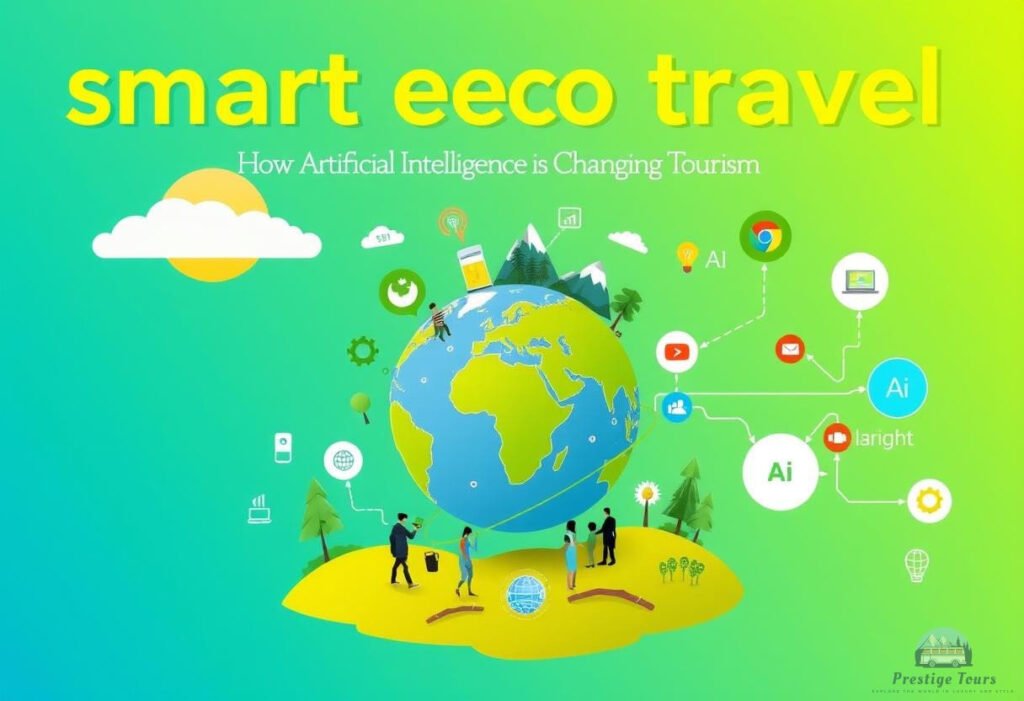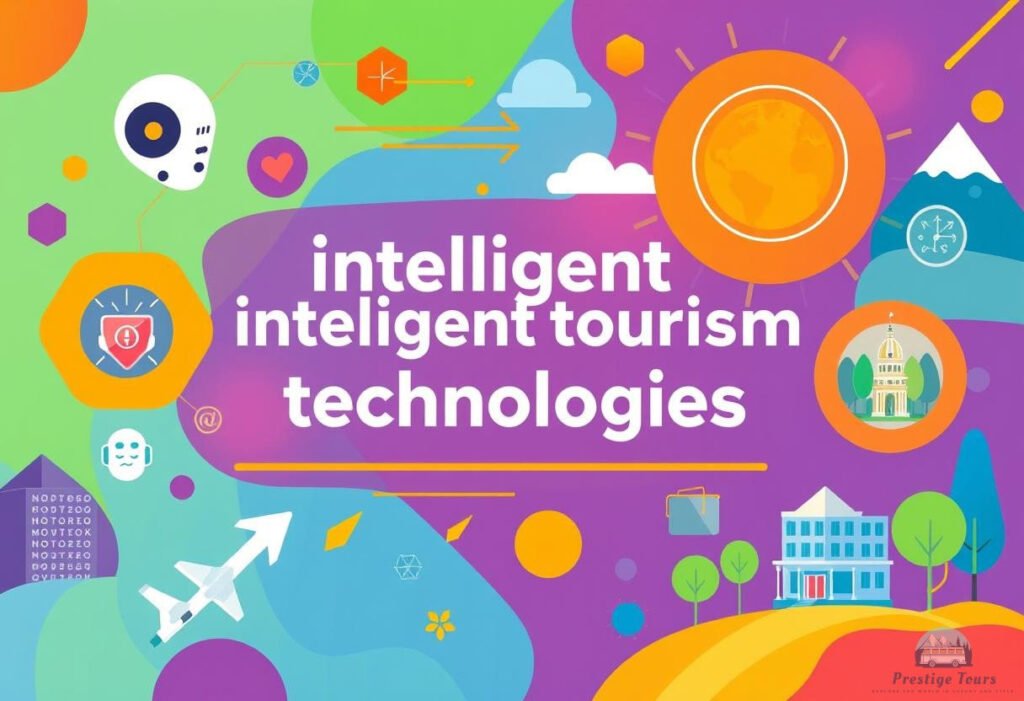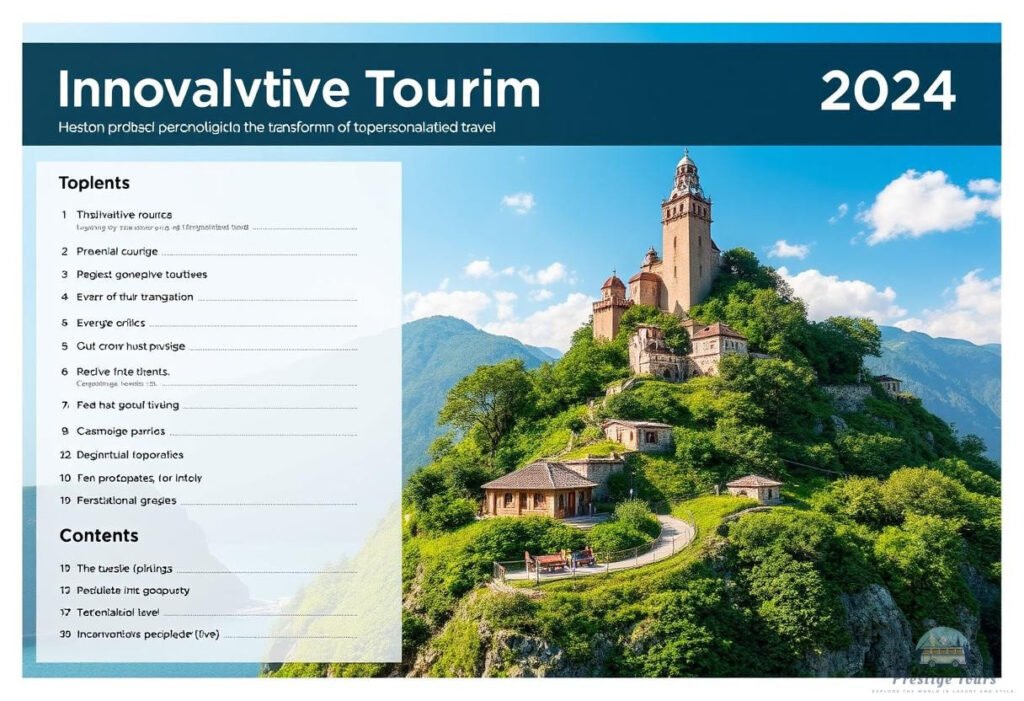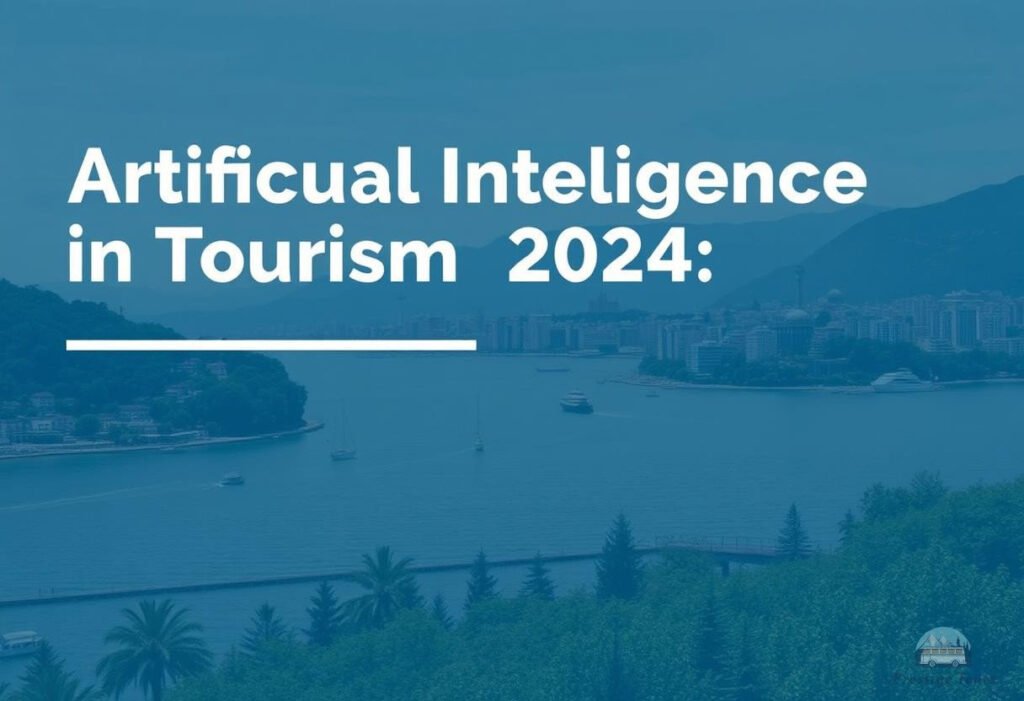Introduction
Artificial intelligence in routes plays an important role in modern transport planning. This high-tech approach allows optimizing routing, taking into account many factors such as traffic jams, weather conditions and individual user preferences. In a situation where mobility is becoming increasingly important, route planning using artificial intelligence is of particular importance.
Artificial Intelligence Technologies in Routes
Algorithms and models
AI-based routing algorithms work using complex mathematical models to analyze and process large amounts of data. They allow calculating optimal paths based on various parameters. Among the most popular models are Dijkstra, A*, and genetic algorithm routing, each with its own characteristics and advantages.
Data processing
One of the key aspects of AI in routes is data processing. Using big data helps collect information from multiple sources, including:
- Global Traffic Monitoring Systems (GTMS)
- GPS data of cars
- Data from social networks and mobile applications
This data allows us to create more accurate forecasts and route recommendations.
Benefits of Using Artificial Intelligence in Routes
Optimization of time and resources
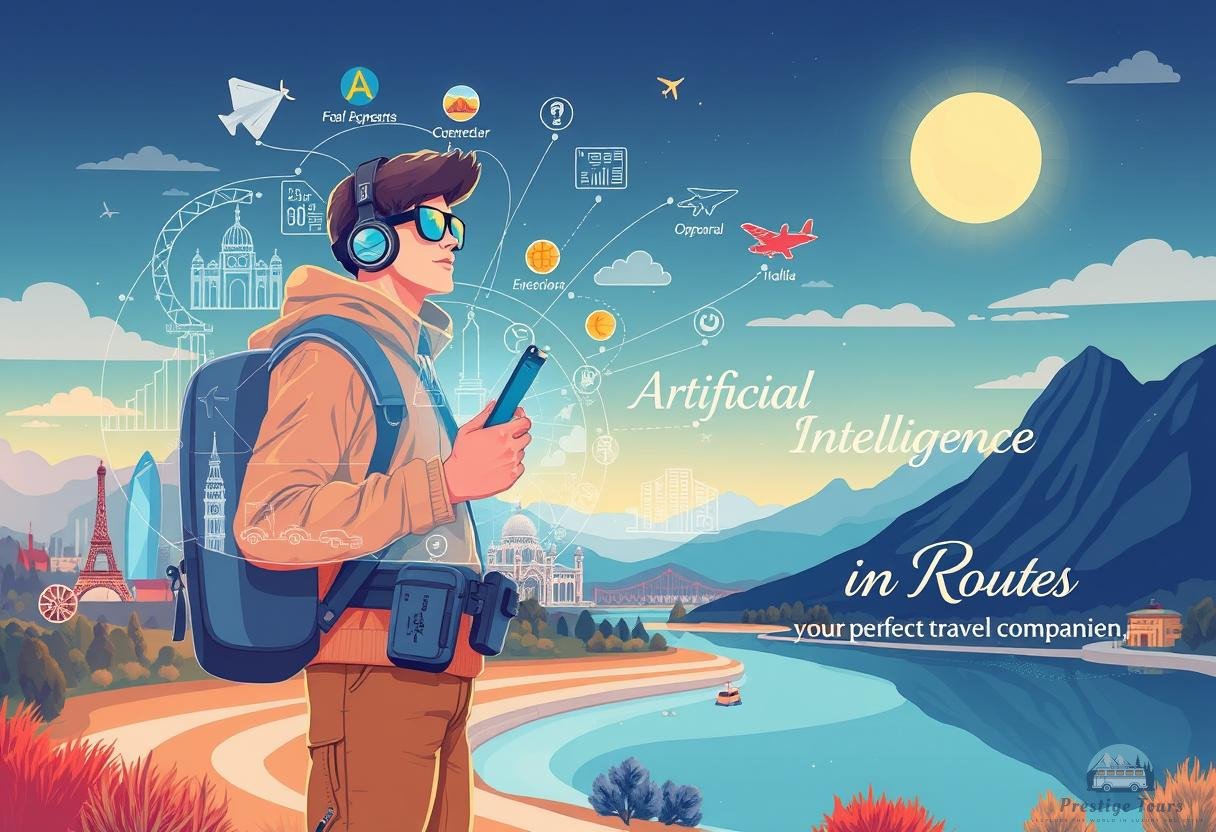
The benefits of using artificial intelligence in routes are obvious, especially in the context of optimizing travel time and resource use. AI-based systems can significantly reduce the time spent on the road, allowing drivers to avoid traffic jams. Efficient use of fuel occurs due to the search for the most rational routes, which also affects the reduction of costs.
Improving user experience
Improving the user experience is another important aspect. Artificial intelligence in routes can offer personalized recommendations based on individual user preferences and habits. This could include alternative routes optimized to avoid traffic or better time slots for travel.
The Future of AI in Route Planning
Trends and Innovations
The future of artificial intelligence in route planning looks promising, with new approaches and technologies emerging. Integration with technologies such as the Internet of Things (IoT) and autonomous vehicles will enable more connected and interactive transportation systems. These innovations could lead to safer and more efficient travel.
Potential challenges and ethical aspects
However, there are also some challenges that need to be addressed. Data privacy concerns are becoming increasingly important as AI systems require significant amounts of personal information to operate effectively. User satisfaction and responsibility for any system failures also require careful consideration of technology design and implementation.
Conclusion
The role of artificial intelligence in routes cannot be underestimated. It not only simplifies the process of route planning, but also significantly improves the quality of travel. The prospects for the development of this technology are impressive, and every day we are getting closer to more rational and efficient transportation systems.
For more on the latest technology, check out TechRadar's report on the impact of AI on transport. For more on the subject, check out our technology section.


